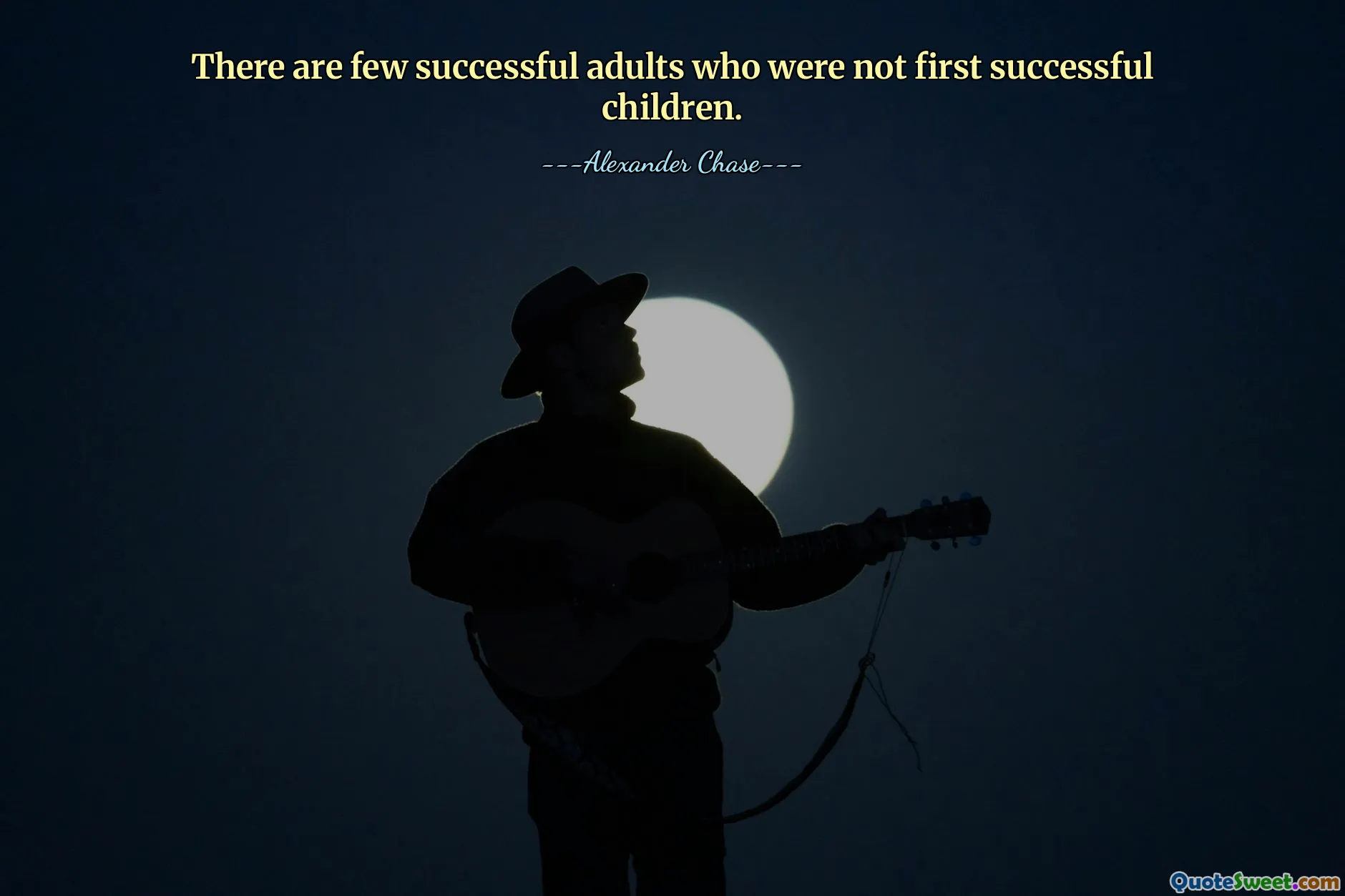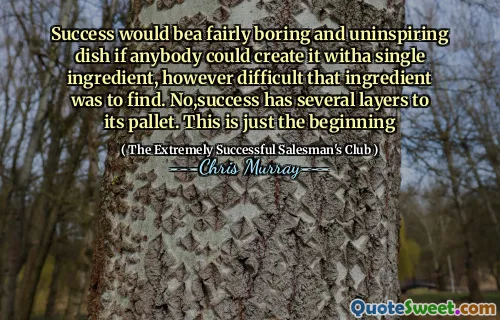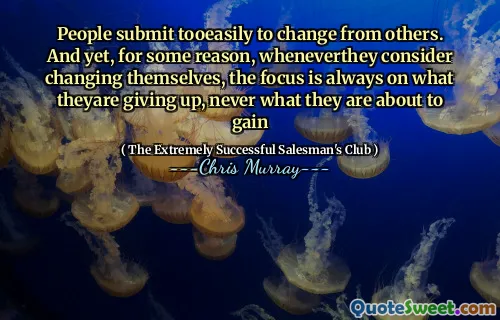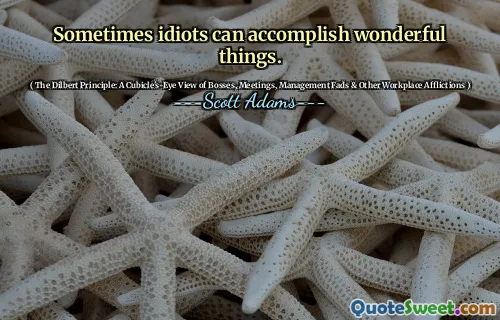
There are few successful adults who were not first successful children.
📖 Alexander Chase
This quote highlights the significant impact early life experiences and childhood development have on an individual's future success. It suggests that a strong foundation during childhood—such as cultivating good habits, resilience, curiosity, and confidence—is often a precursor to achieving success later in life. Examining this idea more deeply, it encourages us to consider the importance of nurturing environments, supportive parenting, access to education, and positive role models in shaping a child's potential.
The journey from childhood to adulthood can be seen as a continuum where early victories—whether academic, social, or personal—set the stage for future achievements. Children who learn skills like disciplined study, perseverance in the face of setbacks, and the value of hard work tend to carry these qualities forward into their adult lives. Conversely, challenges encountered during childhood, if properly addressed with guidance and support, can also serve as resilience-building experiences, preparing individuals to navigate future obstacles.
Moreover, this quote reminds us that success is often rooted in the habits and mindset cultivated during formative years. If we want to foster more successful adults, it becomes imperative to invest in quality education, emotional well-being, and opportunities for children to explore and develop their abilities. It also prompts reflection on societal factors—inequality in childhood resources and opportunities can influence the trajectories of many young lives.
In essence, recognizing the link between childhood experiences and adult success can inspire parents, educators, policymakers, and communities to prioritize the holistic development of children. Our investment in the early years is reflected in the overall progress of society, making the success of future adults intricately linked to how we support children today.










